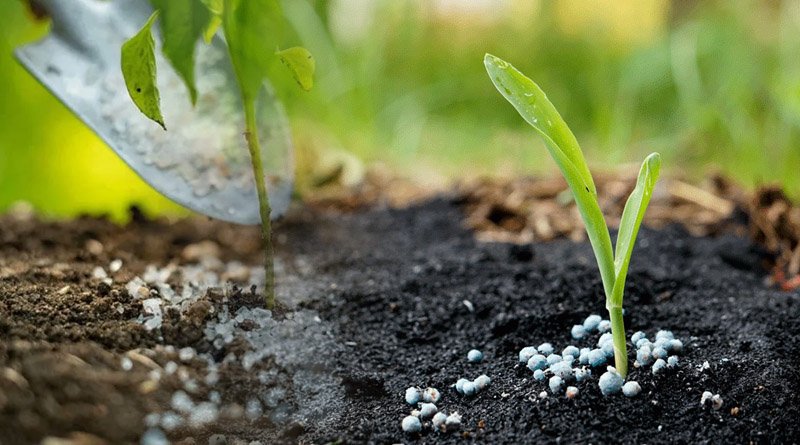In an effort to obtain an IMF tranche, the federal government imposed a federal excise duty on the fertiliser industry in Budget 2023–24 that could be as high as 5%.

In an effort to obtain an IMF tranche, the federal government imposed a federal excise duty on the fertiliser industry in Budget 2023–24 that could be as high as 5%.
In an exclusive interview with the media, Tahir Abbas, Head of Research at Arif Habib Limited, stated that Federal Excise Duty would be passed on to the final consumer and could result in an impact of between Rs. 150 and Rs. 475 per bag for urea and DAP. As the prices are already at historic high levels, he continued, it will further exert pressure on the DAP offtake.
According to JS Global, the government also eliminated the tax exemptions on the DAP and will not permit the differential claim.
Already, urea is being sold for between Rs. 3,000 and Rs. 3,250, much more than the advertised price. Due to lower demand and older stocks in the inventories, DAP is currently selling at a market price of Rs. 7,800 to Rs. 8,000 per bag despite being notified at Rs. 9,000 to Rs. 9,500 per bag.
It should be noted that while Pakistan is obviously self-sufficient in urea production, the resulting urea deficit is met by either subsidised imports or supplying imported RLNG to Fatima and Agritech plants in times of gas shortage, as in the winter. With only one local production facility and poor quality local phosphate reserves, DAP is already primarily imported.
Due to current unaffordability, DAP consumption has almost halved in the past two years from 2.2 million tonnes to 1.2 million tonnes. This additional price hike will further push DAP out of farmers’ reach, endangering their livelihood and the national food security as these nutrients are essential for boosting yield by 30–50%.
To entice the International Monetary Fund (IMF) into a staff-level agreement, Pakistan intends to impose a sales tax of Rs. 95 billion on fertilisers and agricultural inputs. The government announced new taxes worth Rs. 215 billion, but is still awaiting feedback.
The use of fertiliser is essential for the productivity of crops like cotton, wheat, rice, sugarcane, and maize, so the All Pakistan Kissan Itthehad (APKI) has objected to the price increase. The farmers’ organisation calculates that a 5% decline in productivity would result in a loss to GDP of Rs. 260 billion.
Zafar Tahir Secretary General APKI stated that Urea has never been sold at notified rates, regardless of the price. Farmers did not receive Urea and DAP in 2021-21, and last year, they paid up to Rs. 700 higher than the notified rate.
If DAP is selling less than invoiced and urea is not available at the notified rate, this suggests that urea is being black-marketed right under the government’s nose. He claimed that district administrations were involved in urea price manipulation. He continued by asking, “What is stopping the government from cracking down on urea smuggling when narcotics smuggling can be traced and checked?”
The All Pakistan Kissan Ittehad will hold its central meeting after Eid and make the appropriate decision, he said, alluding to potential protests.
The only thing that needs to be implemented by the government, according to Aamir Hayat Bhandara, co-founder of Agriculture Republic Think Tank, is a track and trace system for fertiliser supply. When implemented properly, he continued, farmers will still be able to purchase urea for less than it currently costs, and it may even be able to drive out all market manipulators and hoarders.
He said that in order to effectively regulate the fertilizer market, the government will need to get access to the specifics of how much fertilizer was supplied to which dealers and cross-check that information with the farmers. The district administration should be strengthened and given more authority to conduct raids on dealers.